Welcome to our “Ask Dr. Paola” series, where every Monday we bring expert advice straight from Dr. Paola Cuevas (MVZ) to help our readers better understand their cat’s health and well-being.
Whether you’re a new pet parent or a seasoned cat lover, Dr. Paola is here to provide answers to your most pressing questions. From nutrition tips and preventive care to troubleshooting common behavioral issues, Dr. Paola is ready to offer insights that will keep your kitty happy, healthy, and feline fine. Stay tuned for expert guidance on a range of topics that matter most to you and your cat, so you can make informed decisions and provide the best possible care for your furry companion.
Have a question? Send it in here!

I Use Different Brands of Cat Food Daily!
“I read everything possible on cats. I read that it is suggested not to change brands of wet cat food. If one must, then they should add a little new to the old and do it gradually. For my babies Darwin and Breebree, this info is not accurate. I use three different brands on the same day. Bowel motions, urine, and their overall health is okay. Just wanted to share my experience and hear your thoughts.“- Michael
Hi Michael,
I appreciate your thoughtful observation. I completely agree with your approach to offering Darwin and Breebree dietary variety. Providing different wet food brands or flavors can indeed be beneficial, not just for enrichment but also for maintaining a more diverse gut microbiome. A healthy microbiome thrives on diversity, and variety in the diet helps support a wider range of beneficial bacteria, which play a key role in digestion, immune balance, and even mood regulation.
When cats eat the exact same food every day, their gut bacteria adapt to that single nutrient profile. Over time, this can lead to reduced microbial diversity, making them more sensitive to even minor dietary changes and less adaptable to change. When a new food is introduced suddenly, the existing bacterial community may struggle to adjust, leading to temporary digestive upset. These cats generally need a gradual transition period, slowly mixing the new diet with the old one over several days to allow the gut flora to adapt smoothly. By contrast, your cats’ tolerance to a rotation of high-quality, complete diets suggests that their microbiomes remain flexible and resilient.
What you’re doing with Darwin and Breebree, rotating complete and balanced foods while observing their stools, appetite, and energy, is a healthy, preventive approach. You’re supporting not only their nutrition but also a stable and flexible microbiome, which is one of the best long-term gifts you can offer their health. So congratulations!
Sincerely,
– Dr. Paola

If you'd like to talk with a vet, like Dr. Paola or one of our other expert veterinarians, you can head over to PangoVet. It's our online service where you can talk with a vet online and get the advice you need for your cat — all at an affordable price!
Catster reader exclusive deal: Save 65% on your first call, use code ASKDRPCATSTER65 at checkout.

Help! My Cat is Hiding?
“My two cats, Ariel and Daisy used to be best friends, but lately one of them has been hiding or acting distant—what could be changing? They’re 4 and 6 and have lived together since we brought Ariel home. “ – Lewis
Hi Lewis,
Changes in social behavior between bonded cats can be subtle at first, but they’re always meaningful. When one cat starts hiding or avoiding the other, it usually reflects a shift in comfort or confidence, not necessarily dislike. In adult cats like Ariel and Daisy, this can stem from several causes: medical, environmental, or emotional.
First, it’s important to rule out any health issues, since even mild pain or illness can change how a cat interacts. If one cat associates the other’s approach with discomfort or stress, avoidance can develop. Once medical causes are excluded, consider recent environmental changes such as new furniture, household visitors, noises, or even the scent of another animal. Cats rely heavily on scent for social bonds, so a single vet visit or grooming session can make one smell “different,” temporarily disrupting their familiarity.
To help rebuild harmony, give them parallel play and feeding opportunities where they can enjoy each other’s company without pressure. Offer plenty of vertical space, hiding spots, and separate resting areas to prevent competition. Multi-cat pheromone diffusers can also ease tension. If the distancing persists or escalates into aggression, remember we are always happy to take your more specific questions at Pangovet and can help guide you through a reintroduction plan. With patience and gentle reintroduction, many pairs regain their old friendship once trust is restored.
Best,
– Dr. Paola

Help! I Am Scared When My Cat Coughs!
“Hi Dr. Paola,
My 15-year-old Jake coughs like he can’t breathe, he jumps down and lies on all feet, lasting a few seconds, then it’s over. He does have a heart murmur. I’m scared for him. “- Cheryl
Hi Cheryl,
I completely understand your worry for Jake, especially given his age and heart condition. A cough that looks like he can’t breathe, followed by weakness or lying flat for a few seconds, can be a sign of significant cardiac or respiratory compromise. In older cats with a known heart murmur, these episodes may indicate that their heart isn’t pumping efficiently, causing fluid buildup or reduced oxygen flow, which can make them feel faint or short of breath.
It’s important to have him evaluated by a veterinarian as soon as possible. Diagnostic tests such as chest X-rays, an echocardiogram, or blood pressure measurement can help determine if his heart disease has progressed or if another issue, like asthma or fluid in the lungs, is contributing.
In the meantime, keep him calm, avoid exertion, and monitor how often these events occur. Try to note whether he shows open-mouth breathing, blue-tinged gums, or increased resting respiratory rate, as these are urgent signs that need immediate veterinary attention. In cases like Jake’s, acting quickly is important as early intervention can make a big difference in his comfort and prognosis.
Please don’t wait!
– Dr. Paola
- Read last week’s questions here: November 17, 2025
- Find the full list of past articles here
- Click here to submit a question
- Sign up for our weekly newsletter below to get Dr. Paola’s advice sent straight to your inbox.








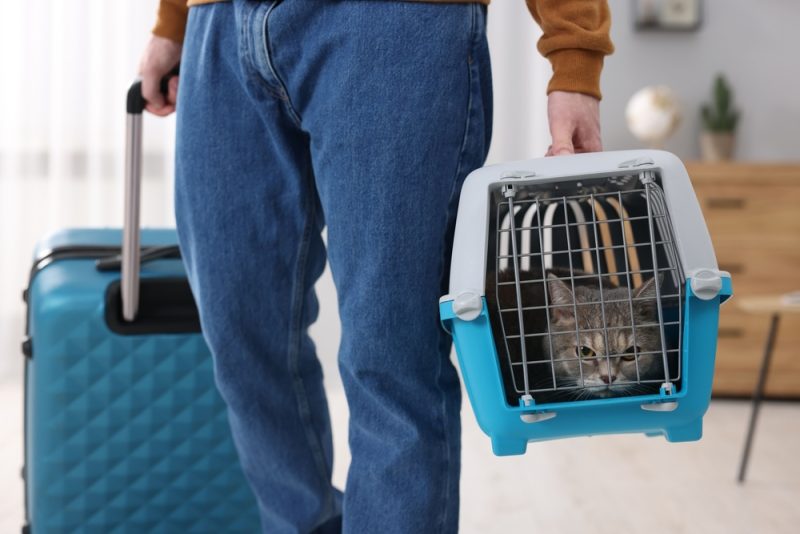
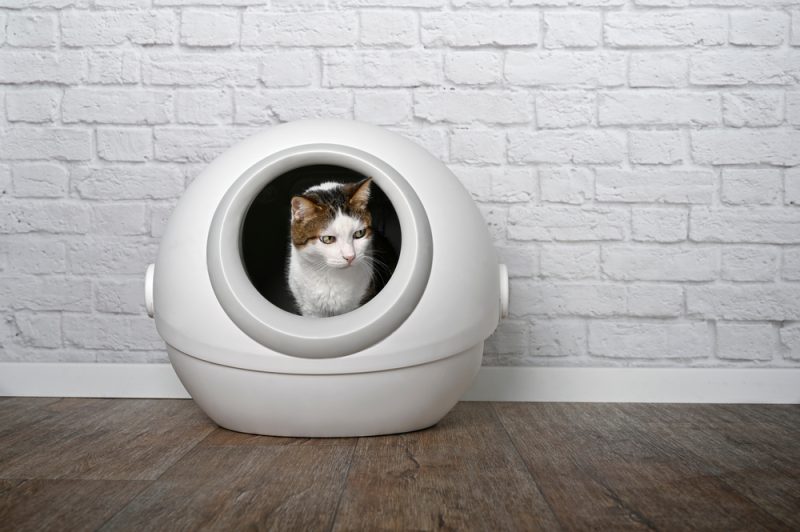
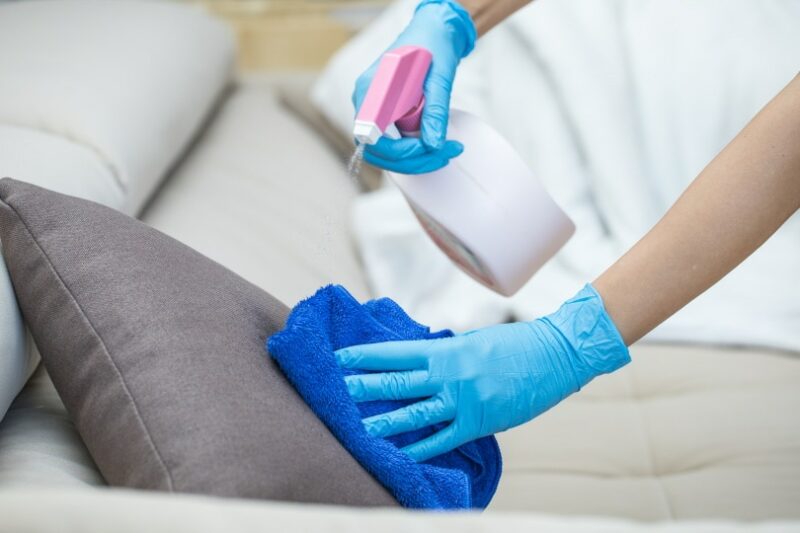
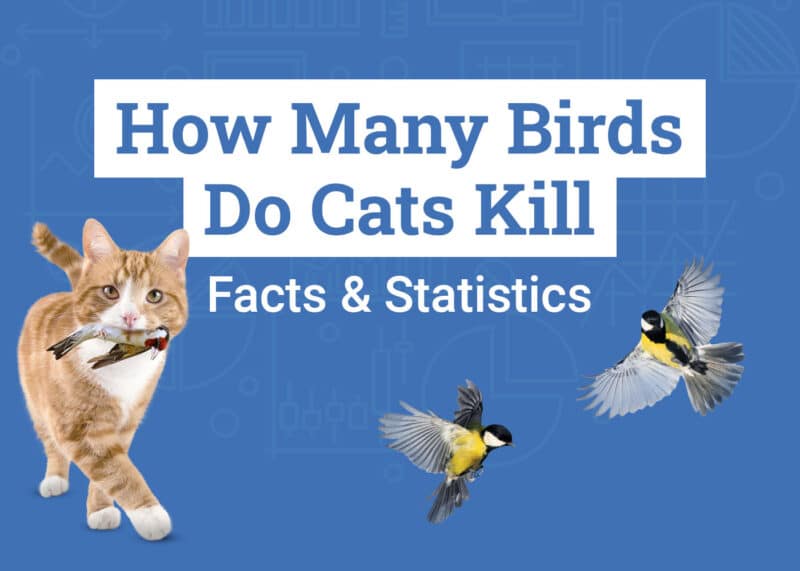
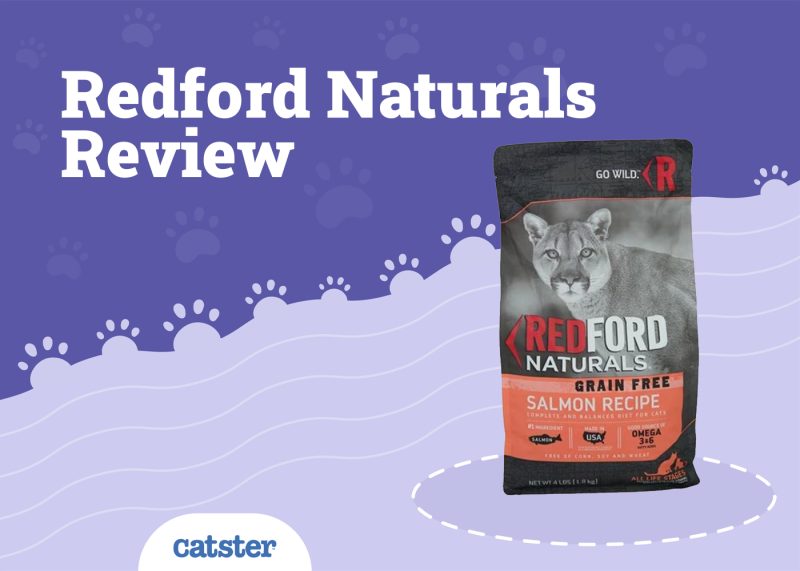
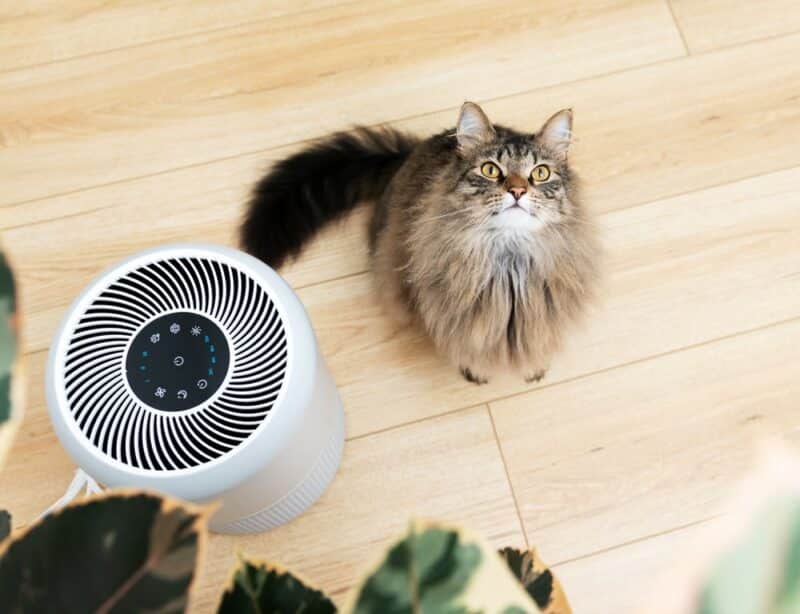
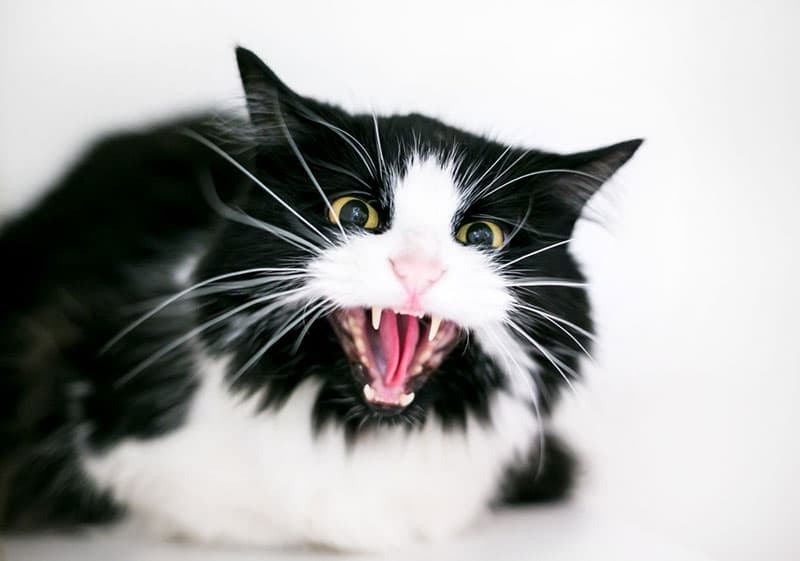
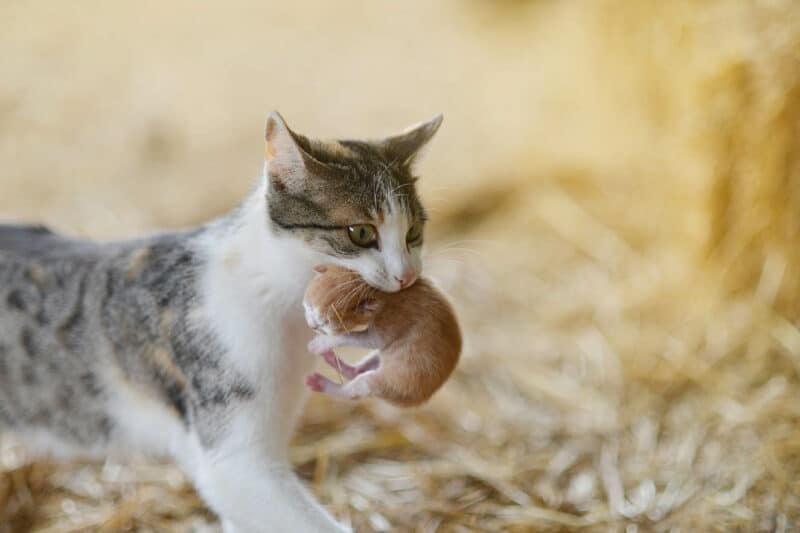
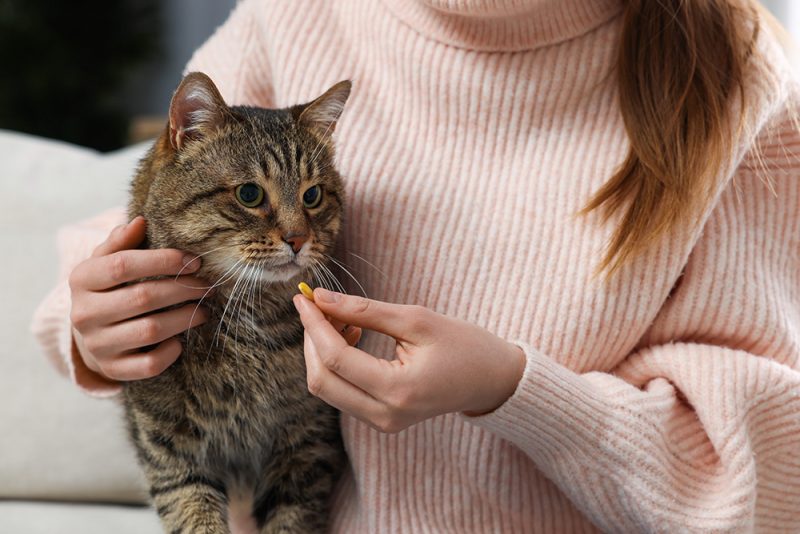
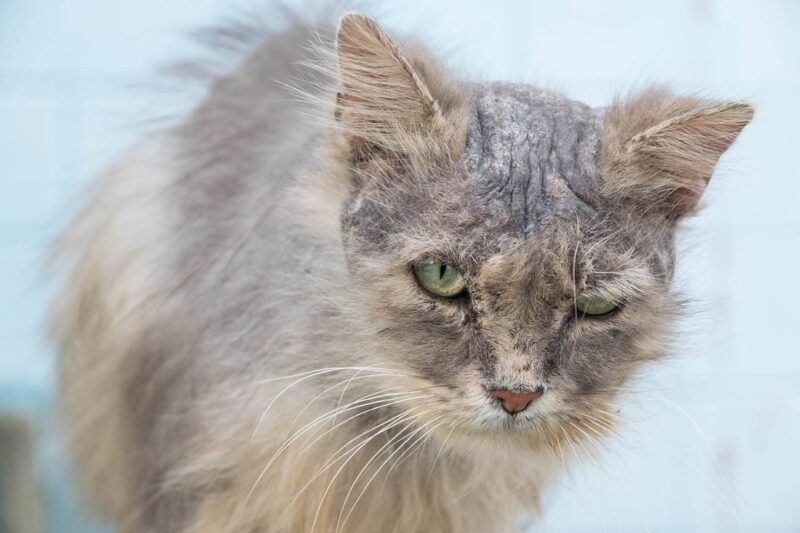
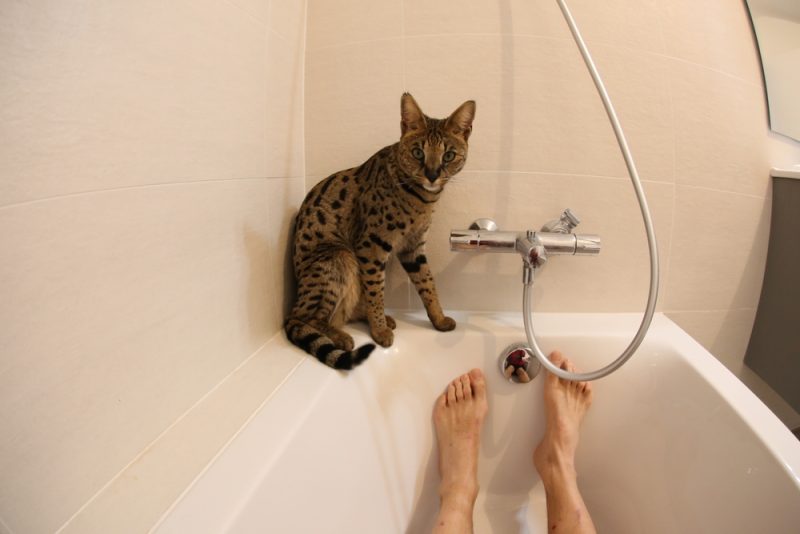
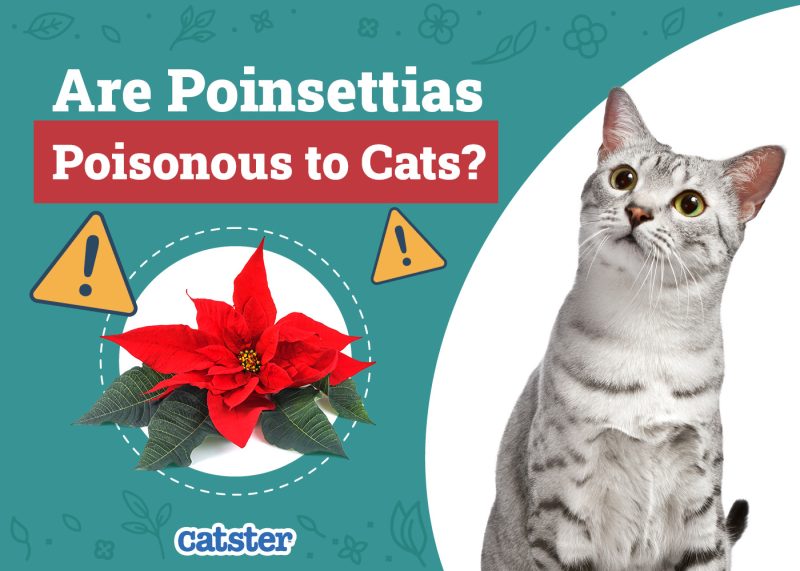



2 Responses
My 11 yr old cat Harmony is an orange female. I have noticed that she is no longer keeping the inside corners of her eyes clean. When I see those dried blackish scab-looking dirt I. The corners of her eyes. I try to remove them with my fingernail and a wet washcloth. I’m afraid that if I don’t remove them they will fall into her eyes. What is causing the eye dirt?
Thank you for your comment, Donna. Dr. Paola is happy to address your question! However, please submit it using this dedicated link: https://www.catster.com/ask-dr-paola/. This section is only for general comments, but that link ensures she receives your specific questions. We appreciate your understanding and participation. We're confident she'll have some excellent tips for you!